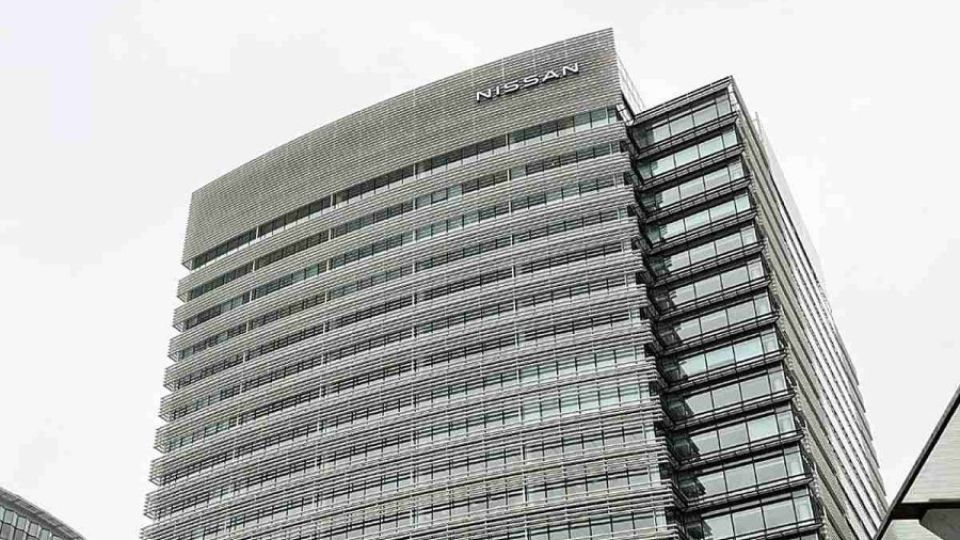January 27, 2025
TOKYO – Nissan Motor Co. has begun final preparations to cut the number of employees working in plants and other manufacturing facilities in the United States, the automaker’s biggest market, by nearly 2,000 by the end of this year.
Nissan plans to downscale production in two U.S. plants and reduce the number of vehicles manufactured in the country by about 25%.
Management integration negotiations between Nissan and Honda Motor Co. are being held on the precondition that Nissan implements business restructuring, so Nissan aims to make major cuts to production and labor, including in the United States.
Nissan will likely notify business partners of its restructuring plan in mid-February at the earliest.
Nissan will reduce the output capacity of its Smyrna plant in Tennessee and its Canton plant in Mississippi. The plants now operate four assembly lines each, and Nissan plans to halt the operation of one line in each of the two plants.
The line closures will be made in the Smyrna plant in April and in the Canton plant in autumn this year, respectively, at the earliest.
The two plants each currently have an output capacity of about 1 million units in total. If the two assembly lines are closed, simple math shows that the number of vehicles they can produce will decrease by about 25%, Nissan said.
The assembly line facilities will be kept in place so that the plants will be able to increase output again if market conditions will improve in the future.
In November last year, Nissan announced plans to cut 9,000 jobs globally, 70% of which will be positions in manufacturing departments.
Under the current job cut plan, Nissan is mulling reducing the number of employees by between 1,500 and 2,000. In the United States in December last year, hundreds of Nissan employees resigned voluntarily.
Based on the results of their restructuring and falling electric vehicle sales, Nissan also plans to review its plans for investment and EV production in the United States.
Though Nissan was scheduled to begin production of five EV models at the Canton plant starting in 2026, that plan will now be postponed to 2028 or later, and the number of models will be reduced to four.
North America is Nissan’s biggest market. Sales there account for about 50% of its global total, but Nissan’s business performance there has badly stagnated.
In its half-year consolidated business results as of the end of September 2024, Nissan’s operating profit fell to ¥4.1 billion in the red, whereas it had been ¥241.4 billion in the black in the previous half-year period.
Nissan’s sales have fallen about 40% from where they were in March 2017. This is partly because Nissan has not managed to release hybrid vehicles in the U.S. market despite the rising popularity of HVs in the country. Nissan wants to improve the situation as soon as possible.
However, it is unclear whether Nissan will be able to implement the restructuring in line with its plan in the United States. This is because they face potential criticism from U.S. President Donald Trump, who places great importance on creating and maintaining domestic jobs.
Trump has indicated a desire to impose a 25% tariff on imports from Mexico. Nissan exports about 200,000 vehicles a year from Mexico to the United States, accounting for about 20% of its U.S. sales.
If the tariff is imposed on Mexico, it will be a big blow to Nissan’s management.

